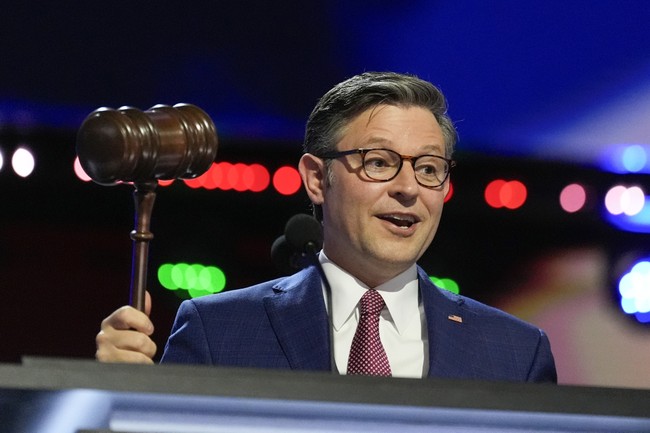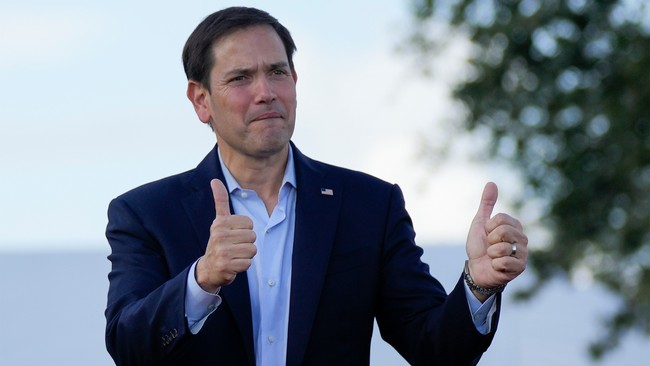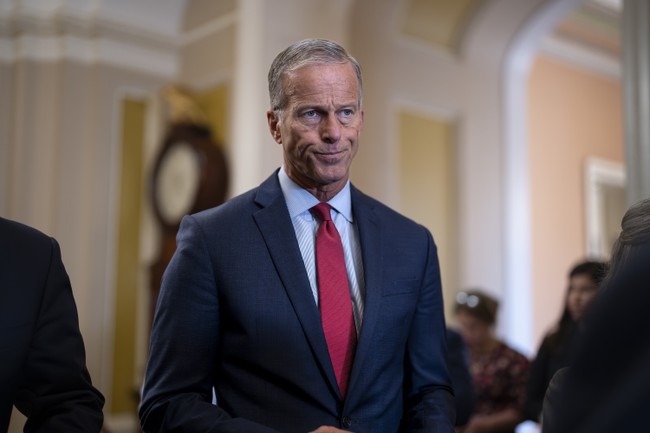Historic Senate Win: Gallego's Arizona Victory
Discover the insights behind Ruben Gallego becoming Arizona's first Latino U.S. Senator, winning a highly contested race against Kari Lake amid shifting political dynamics.
Published November 13, 2024 - 00:11am
Image recovered from azcentral.com
Ruben Gallego's ascendance to become Arizona's first Latino U.S. senator marks a significant milestone in the political landscape, with his victory against Republican Kari Lake drawing widespread attention and showcasing the changing dynamics in the state. The Associated Press, alongside other major media networks, announced Gallego's win after crucial vote counts from Maricopa County confirmed his lead. His triumph reflects not only a personal achievement but a broader trend towards Democratic successes in historically Republican-dominated Arizona.
Gallego's campaign was rooted in his identity and experiences, which resonated with a diverse voter base. Born to Colombian and Mexican immigrants, Gallego's journey from Chicago to serving in the Marine Corps and attending Harvard University formed a compelling narrative for voters. His service in Iraq highlighted his commitment to national security, while his political efforts in Congress demonstrated his advocacy for progressive policies, which he balanced with a pragmatic approach during his campaign.
Kari Lake, a former television news anchor and staunch ally of Donald Trump, had yet to concede the race but had been vocal about issues central to the Republican agenda. Her focus on border security, alongside her critiques of Gallego's personal life and political positions, underscored her campaign strategy. Despite her efforts to appeal to moderate Republicans and independents by moderating some of her more conservative stances, Lake struggled with consistency on personal and widely debated topics such as elections and abortion.
Gallego's victory is not only historical but also strategic. His campaign performance underscores a pivotal shift in Arizona's political fabric from a firm Republican hold to a battleground state with rising Latino influence. With comprehensive voter outreach, Gallego secured substantial support from Latino communities, driven by the efforts of groups like BOLD PAC and high-profile endorsements, including former President Barack Obama.
The political climate was further charged by Kyrsten Sinema's tumultuous term. Previously a Democrat, Sinema had left the party, turning independent following widespread discontent from her base. This added a remarkable twist to Arizona's political narrative, of a state on the brink of redefinition in the national political arena.
Transitioning his campaign rhetoric to more centrist tones, Gallego was able to navigate through challenging political waters, simultaneously advocating for progressive issues such as reproductive rights and broader healthcare access. His approach to immigration, emphasizing comprehensive reform while connecting with his own immigrant roots, added depth to his campaign's appeal.
Kari Lake's political journey, beginning with her bid for governor in 2022, remains indicative of the deep partisan divides in Arizona. Despite notable endorsements and a strong personality, her failure to concede past election losses consistently kept her in legal and political contention. Her steadfast support of Trump's claims of electoral fraud and her self-identification as Arizona's lawful governor despite official results revealed the complexities of her voter base's trust dynamics and became a focal point for Gallego's counter-narratives.
Gallego not only capitalized on financial advantages with superior fundraising but also appealed effectively to a politically eclectic electorate. His rhetorical strategy, shedding a once staunch progressive image for a more inclusive, moderate persona, helped broaden his support across Arizona's societal fabrics.
This election outcome contributes a significant chapter to Arizona's contemporary political story. As tensions between traditional Republican ideologies and emerging Democratic strategies unfold, Gallego's place in the Senate indicates a transformative trajectory that will likely impact the party alignments and electoral strategies in forthcoming cycles.
As Gallego prepares to assume his senatorial role, the political atmosphere in Arizona remains electrified. His recurring advocacy for veterans, healthcare, and immigration reform hold implications for future legislative initiatives and Arizona's evolving role in national politics. Meanwhile, the Republican loss to a Democratic candidate further signifies the changing political allegiances, suggesting a need for recalibration in strategies, especially as the state encompasses diversifying demographics and shifting voter priorities.







